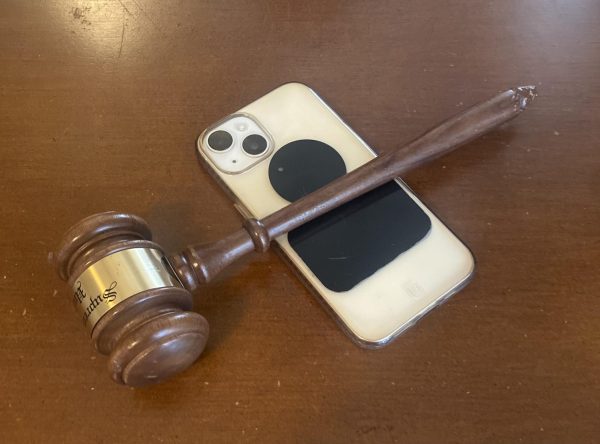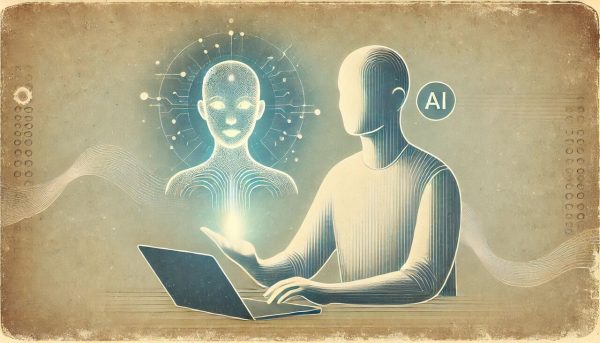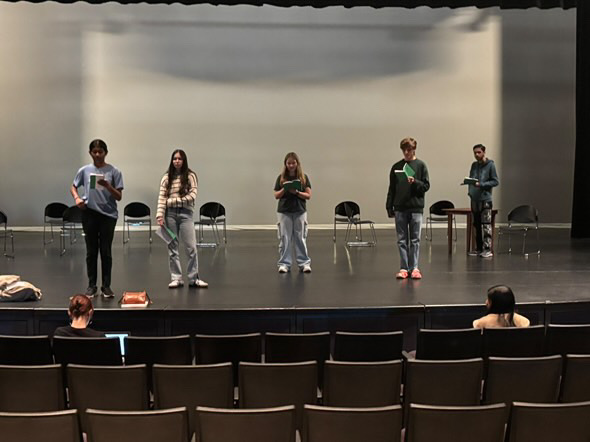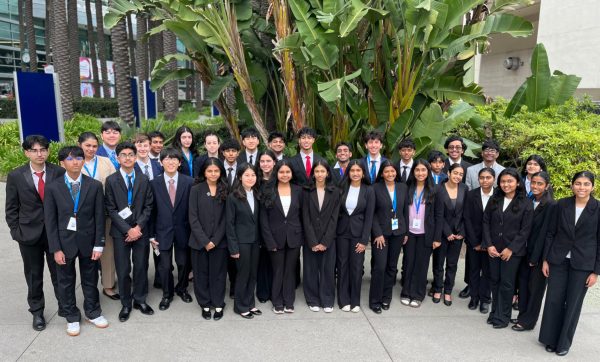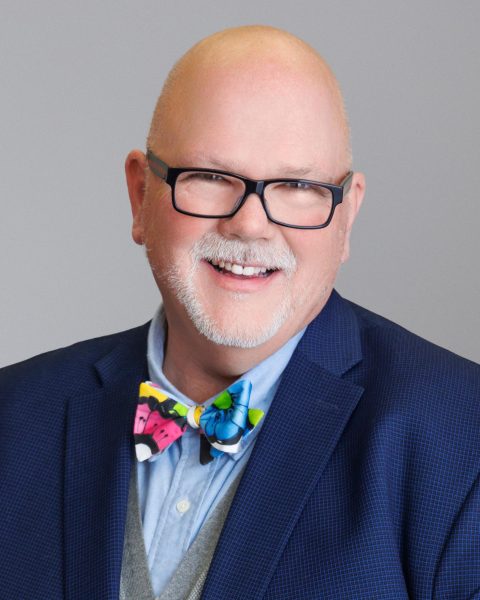Ed Easley Exonerated
The Northern California Innocence project has finally emerged successful from a legal battle to correct a twenty-four-year mistake. NCIP is an organization that works to reverse convictions for people who have been falsely accused, and exonerate innocent citizens from incarceration. Their most recent case took place in 1993 Shasta County where now exoneree, Ed Easley was convicted of molesting a seven-year-old girl. Although, Easley, unlike so many others, was innocent—but with bad evidence and three separate testimonies from respected doctors against him—he was found guilty. Flash forward to 2005 and the victim, now grown, reveals that at the time of the trial she was forced to testify against Easley rather than expose the real perpetrator, a cousin of hers.
There is a significant gap of twelve years in between the victim’s revelation and Easley’s eventual exoneration. This over a decade void is due to the complicated legality of Easley’s case. Easley was in prison for eight years and on parole for five years after that. After the victim’s confession, Easley was already free from custody, so he could not technically be “exonerated” Easley had been unemployed and moving from place to place because of the awful blemish on his reputation that his conviction caused. Having to register as a sex offender took a huge toll on the electrician’s business. Families with children refused to hire him and the general public was now wary of Easley. As finding jobs became increasingly difficult, the urgency of concocting a way to clear Easley’s name grew. Unfortunately, because he was not in custody or on probation or parole, the laws at the time did not permit Easley to be officially “exonerated” and deemed innocent. Easley’s only option in the eyes of the court was to request the governor to grant him clemency. Clemency only weakens the strength of Easley’s charges instead of pronouncing him not guilty.
Nonetheless, lawyers at NCIP were persistent. After attempting a hearing on the grounds of “the writ of habeas corpus” and facing denial, Easley appealed again and this time was granted a second hearing. During the previous hearing, Easley was not granted a reversal due to the impossible standard of the current law and how it applied to his case. The law overlooked that even though Easley was not under physical lock and key, he would forever be a scapegoat for a crime he did not commit. Despite the victim’s confession, the law maintained that evidence for Easley’s case needed to “point unerringly to innocence.
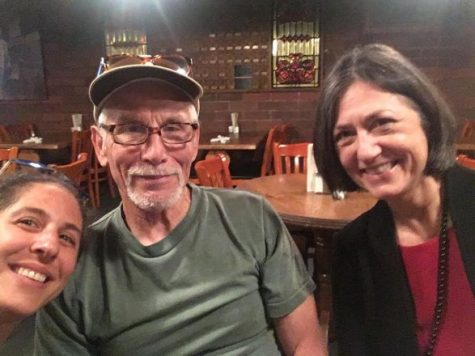
Starr (right) from Santa Clara University School of Law’s Northern
California Innocence Project (NCIP), who helped him clear his name.
(Courtesy Santa Clara University School of Law’s Northern California
Innocence Project)
In 2009, Easley’s plead to his case for the second time during a five-day hearing. By this time, the actual perpetrator had come forward and confessed to the crime in question. Both he and the victim testified on Easley’s behalf but it was still not enough to clear his name. Amid the official decision, Judge Jack Halpin noted that if the standard for exoneration were “whether or not a reasonable jury would have convicted Easley, based on all the evidence including the recantation, this court, by a preponderance of the evidence, finds there would not have been a conviction.” Unfortunately, this was not the standard, at least not at the time.
During the next few years Easley would appeal twice more and each time face a refusal.
Finally, what looked like a bleak and barren future was given hope with some help from the capital. Two laws with direct influence on Easley’s case were passed. These laws would open up new territory for Easley and eventually lead to his exoneration. The first law is AB 813. The new law grants people who are not currently in custody the right to prove their innocence. This was Easley’s main issue. The second law was SB 1134. This law topples the previous unattainable standard for evidence. With these two new laws along with two of the doctors from his original trial testifying on his behalf and the confessions of both the victim and the perpetrators under his belt, it seemed inconceivable that anything could possibly stand in Easley’s way on his sixth trip to court. And inconceivable it was. With the assistance of NCIP legal director Linda Starr, and co-counsel Paige Kaneb, Easley was finally relieved of his twenty-four-year burden and proven to be an innocent man.
Injustice occurs everywhere, whether it be on a larger scale, like Easleys case, or on a smaller scale, like someone stealing yout parking spot. It is imperative that justice is served to those who deserve it.

